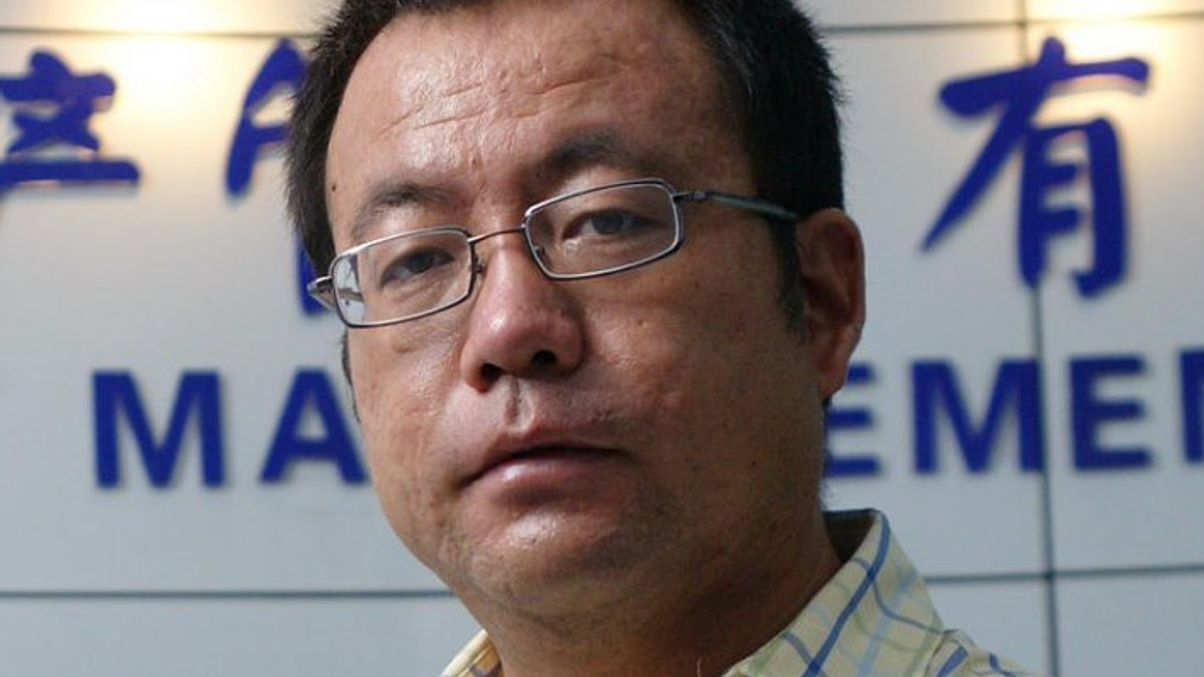How Chinese hedge funds win investor trust
In the second of two articles on moves by Chinese hedge fund managers to build offshore businesses, AsianInvestor asks what they must do to attract institutional capital.

There is a long line of Chinese hedge fund managers planning to set up shop in Hong Kong, many of which are not expected to achieve the necessary scale to sustain their business beyond three years, as reported. If they are to do so, will probably need institutional capital, which tends to look for a proven track record in team building and operational stability – not just decent returns.
Sign in to read on!
Registered users get 2 free articles in 30 days.
Subscribers have full unlimited access to AsianInvestor
Not signed up? New users get 2 free articles per month, plus a 7-day unlimited free trial.
¬ Haymarket Media Limited. All rights reserved.


